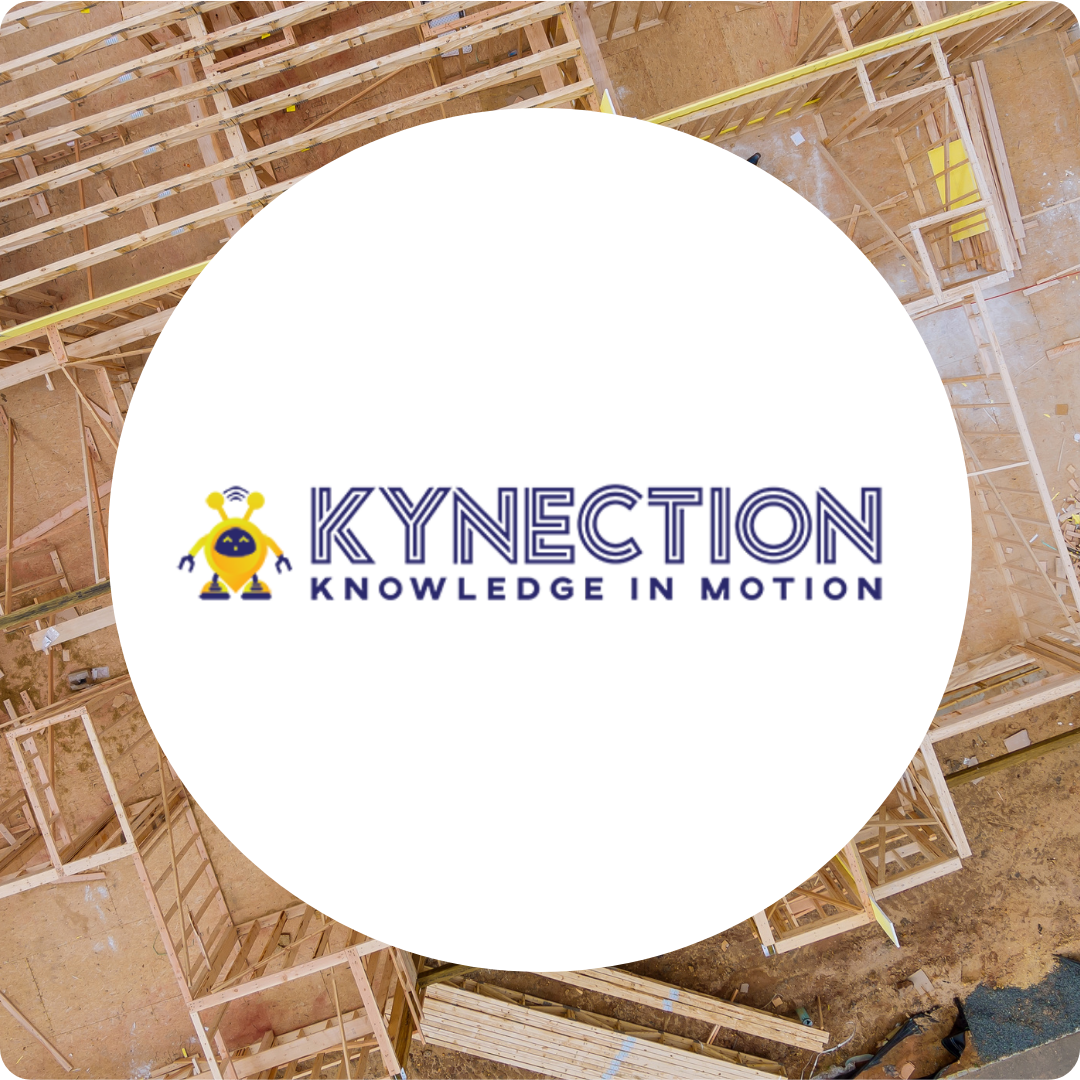Streamline Your Specialised Manufacturing with Tailored ERP Solutions
Achieving success in manufacturing means proactively dealing with dynamic challenges. At Endeavour, we provide tailored ERP solutions that optimise processes and boost operational efficiency, enabling your business to meet customer expectations and drive sustainable growth.
Overcome growth obstacles
Disconnected Systems, Disconnected Business
Lack of integration can hinder efficiency, as disparate systems fail to link or share data. For example, when manufacturing teams rely on spreadsheets while sales use a separate CRM, it complicates access to production information, preventing quick commitments to customers without a convoluted internal process.
Lack of Data Access
Access to accurate, up-to-date data is essential for effective decision-making. Siloed data means there is no single source of truth, which complicates forecasting procurement, committing available quantities to clients, and making proactive business decisions.
Manual Overload
Inefficient systems lead to excessive manual tasks. When your ordering system doesn’t connect with inventory, staff may have to double-check stock levels, print shipping labels manually, or spend unnecessary time entering and rescheduling production orders in spreadsheets.
Our Approach: Partners in Your Success
We empower manufacturers with tailored ERP solutions that address the unique challenges of your business. Our experienced consultants collaborate closely with you throughout the implementation process—from project scoping to deployment and ongoing support—ensuring seamless integration and clear communication. With our range of ERP solutions, you gain real-time visibility into your operations, enabling informed decision-making and proactive management of challenges.
Success Story:
TMC Trailers
When TMC Trailers decided to replace their outdated legacy system, they partnered with Endeavour to implement MYOB Advanced Manufacturing Edition, ensuring streamlined operations and improved efficiency across their business.
Products
We partner with leading ERP and Business Intelligence vendors to ensure that manufacturers find the right solutions tailored to their needs. By partnering with a range of ERP vendors, we help our clients select and implement the right ERP solution to drive success and streamline operations.
/MYOB%20in%20Circle%20on%20Background.png?width=1080&height=1080&name=MYOB%20in%20Circle%20on%20Background.png)
MYOB Acumatica
Cloud-based ERP designed to adapt to your growing business needs while offering flexibility and scalability.
/Microsoft%20in%20Circle%20on%20Background%20V2.png?width=1080&height=1080&name=Microsoft%20in%20Circle%20on%20Background%20V2.png)
Microsoft Dynamics 365 Business Central
An all-in-one cloud-based ERP solution, Business Central streamlines operations and enhances customer engagement.
/wiise%20in%20Circle%20on%20Background.png?width=1080&height=1080&name=wiise%20in%20Circle%20on%20Background.png)
Wiise
Wiise is a Microsoft Dynamics cloud-based ERP solution, that includes localised features to comply with ANZ banking, tax and compliance. Allowing businesses to streamline operations management.
/Qlik%20in%20Circle%20on%20Background.png?width=1080&height=1080&name=Qlik%20in%20Circle%20on%20Background.png)
Qlik
Qlik is a powerful business intelligence platform that transforms data into actionable insights, empowering users to explore data and discover trends.

Kynection
Kynection replaces disconnected tools and paper-based processes with a single integrated platform.

At Endeavour, we are Partners in Your Success, committed to helping manufacturing companies navigate challenges and drive sustainable growth with tailored ERP solutions.
We are committed to enabling the success of our clients through effective ERP deployment. Our mission is rooted in delivering quality solutions supported by a well-resourced team of engaged ERP professionals. We believe in building lasting relationships through transparent communication, ensuring you can not only achieve but exceed your business goals.
Ready to transform your manufacturing processes?
Let’s work together to achieve your business goals.
Frequently Asked Questions
How can an ERP benefit my manufacturing business?
ERP systems help manufacturers manage unique production processes, adapt to changing customer demands, and optimise resource allocation, ultimately leading to improved efficiency and customer satisfaction.
What specific challenges does ERP solve for manufacturers?
ERP addresses challenges such as managing complex workflows, responding to dynamic customer expectations, and ensuring effective resource management, allowing businesses to focus on growth and innovation.
How do I know which ERP solution is right for my business?
Working with Endeavour, our experienced consultants will help you evaluate your specific needs and recommend the most suitable ERP solution that aligns with your unique manufacturing processes and goals.
What support do you offer once the ERP system is implemented?
We provide ongoing support, training, and maintenance to ensure your ERP system continues to align with your business needs, enabling you to make the most of your investment in the long term
/Manufacturing%20-%201200%20x%20600.png?width=1200&height=600&name=Manufacturing%20-%201200%20x%20600.png)

/Endeavour%20Slice%20-%20T%20M%20C.png?width=450&height=450&name=Endeavour%20Slice%20-%20T%20M%20C.png)










/Warehouse%20-%201200%20x%20600.png?width=1200&height=600&name=Warehouse%20-%201200%20x%20600.png)